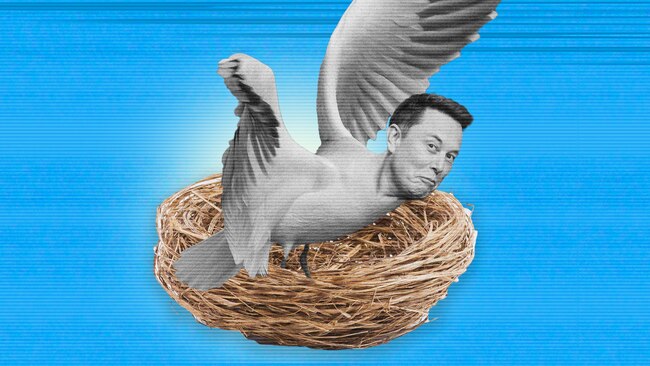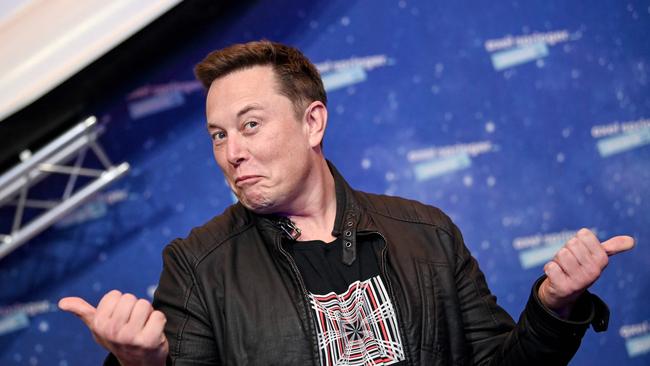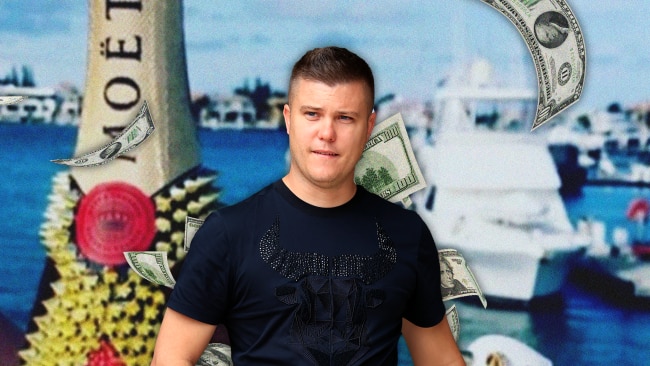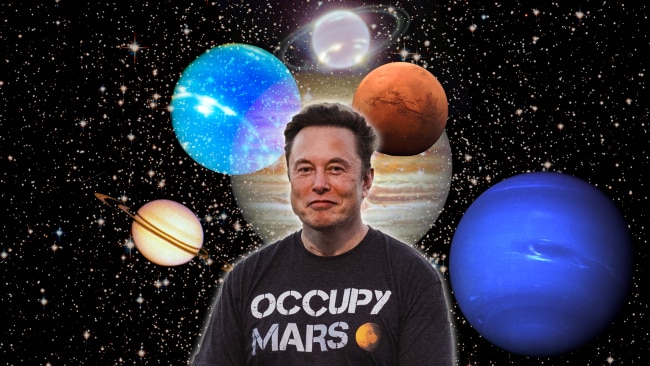Deal of the century: Musk buys Twitter for $61bn
The Tesla CEO has gotten the keys to Twitter, but what what will he do with it?

The Tesla CEO has said his vision is a private social-media company with less content moderation and an edit button
He's done it, folks.
Elon Musk has bought Twitter for US$44bn ($61bn), in an extraordinary transaction which will see control of the influential social media platform move hands to the richest man in the world.
Less than two weeks after announcing a plan to buy the entirety of Twitter - the preferred social platform for politicians, journalists and opinion influencers - the company’s board announced it had accepted Musk’s offer unconditionally.
The mammoth deal marks the close of a dramatic negotiation period and a change of heart in the company, where many executives and board members initially opposed Musk’s takeover approach.
But the board negotiated with Musk all weekend, after he wooed shareholders with his big bucks and a propensity to spend them, offering $43bn at $54.20 a share.
It’s not clear why the total value of the deal increased slightly, but it could be related to an updated share count.
"Free speech is the bedrock of a functioning democracy, and Twitter is the digital town square where matters vital to the future of humanity are debated," Musk said in a statement to his 80 million Twitter followers.
He also pledged to rid the platform of spam bots, authenticate all humans and enhance the product with new features.
Amazon founder (and fellow multisquillionaire) Jeff Bezos began stirring the pot shortly after the deal was announced.
He pointed out that Tesla’s business interests in China could give the government leverage over Twitter via its new owner, saying, “Interesting question. Did the Chinese government just gain a bit of leverage over the town square?.”
Interesting question. Did the Chinese government just gain a bit of leverage over the town square? https://t.co/jTiEnabP6T
— Jeff Bezos (@JeffBezos) April 25, 2022
But the question remains: Now that Musk has gotten a hold of the platform, what is he going to do with it?
While we wait to find out more details, our friends at the Wall Street Journal have said what is in store:
Soften its stance on content moderation
Musk, a self-described “free speech absolutist,” said in an interview during a TED conference last week that Twitter is the “de facto town square,” and that “it’s very important for there to be an inclusive arena for free speech.”
He said Twitter should be more cautious when deciding whether to take down tweets or permanently ban users. Timeouts are better, he added.
The platform should also follow the laws of the countries it provides services in, Musk said. And when Twitter does make changes to amplify or reduce a tweet’s reach, it should give users insight into what happened, he said.
Musk also said that he doesn’t have all the answers. Twitter, meanwhile, has spent years trying to promote what it calls healthier discourse on the platform, adding content moderation in part under the argument that it is good for business.
Create an edit feature for tweets
An edit button has long been requested by Twitter users. Earlier this month, Musk polled Twitter users on whether they wanted one. More than four million accounts voted, and more than 70% said yes. Twitter later said it had already been working on an edit button since last year.
Musk reiterated his support for an edit button in the TED interview, and mused about ways the platform might implement the feature.

Take the public company private
Mr. Musk said in a regulatory filing he wants to take Twitter private.
“Twitter needs to be transformed as a private company,” he said. “Twitter has extraordinary potential. I will unlock it.”
Taking Twitter off the public stock exchange would likely make it easier for Musk to implement his desired changes to the company, since much of the shareholder pressure would dissolve. However, Musk also said in the TED interview that he would want to retain as many shareholders as possible if he succeeds in taking the company private.
Make Twitter’s algorithm open source and put the code on GitHub
In the TED interview, Musk suggested making Twitter’s algorithm open source, meaning others outside the company would be able to view and recommend fixes and changes. One way to do that, he said, is to put the code on GitHub, a site that is used for storing software projects.
Give users who pay for Twitter Blue authentication check marks
Musk, in a flurry of tweets during the second weekend of April, suggested that Twitter give users who pay for Twitter Blue—a subscription service that adds extra features to users’ accounts—a check mark to show their account has been “authenticated.” This would be distinct from the coveted blue check mark that requires accounts to be both authentic and notable.
Rely less on advertising
In the same series of tweets, Musk said Twitter should shift toward a business model that relies more on subscriptions. Twitter Blue currently adds premium features like “undo tweet” for a monthly fee of $2.99. Mr. Musk suggested the subscription include removing all ads.
He also floated cutting staff and shutting down the company’s San Francisco headquarters. Such cuts could be needed if the company were to move away from advertising, which in the fourth quarter of 2021 accounted for about 90% of its revenue.
Try to stop spam and scam bots
Musk said a top priority for him would be eliminating “bot armies” on Twitter, which spam accounts and run scams.
“If I had a dogecoin for every crypto scam I saw,” he said during the TED interview.
In a tweet last week, Musk advocated what he called long-form tweets.
On Friday, he responded to a lengthy Twitter thread from Yishan Wong, a former chief executive of social-media company Reddit Inc., who offered his take on the Twitter takeover situation. Musk didn’t respond to Wong’s thoughts, he responded to the form they took.
“My most immediate takeaway from this novella of a thread is that Twitter is *way* overdue for long form tweets!” he said, without offering any more explanation.
In most cases, tweets can contain up to 280 characters, double the previous limit of 140.
Twitter declined to comment. Musk didn’t respond to a request for comment.
-With the Wall Street Journal.



